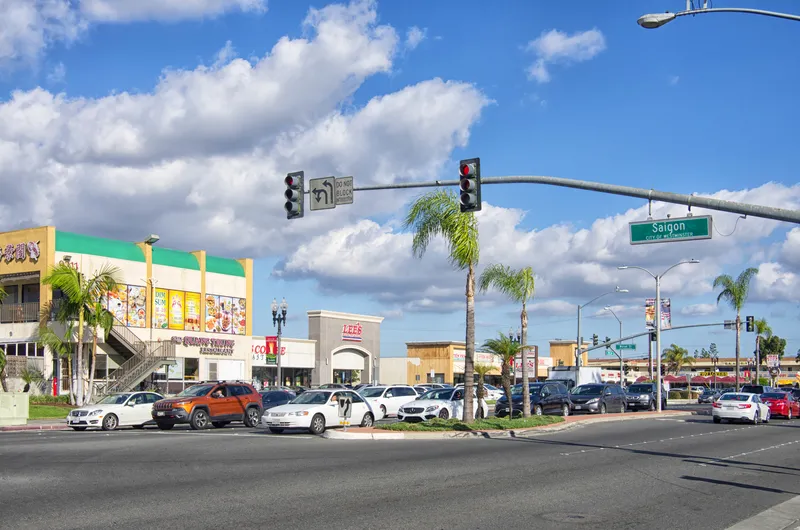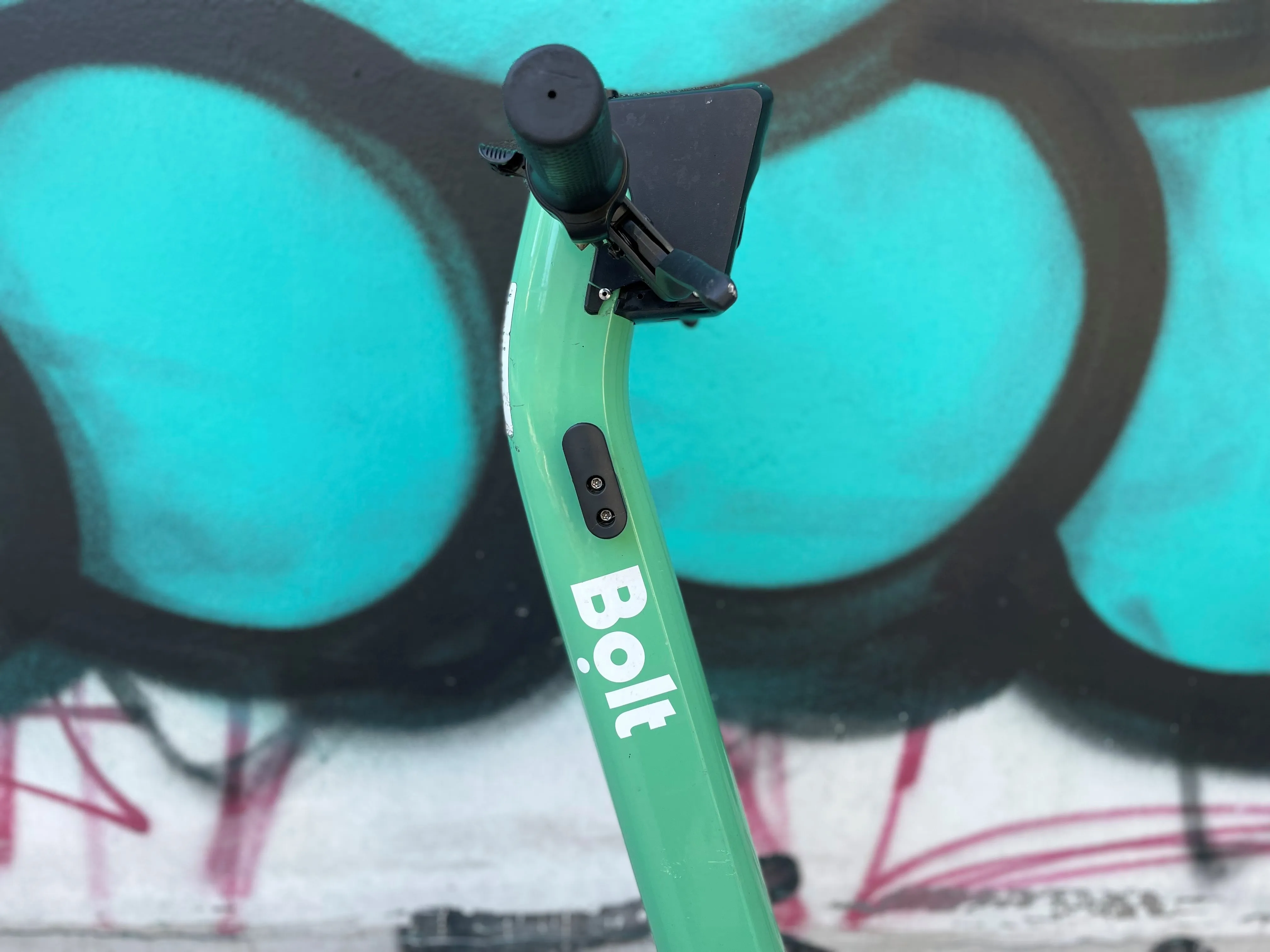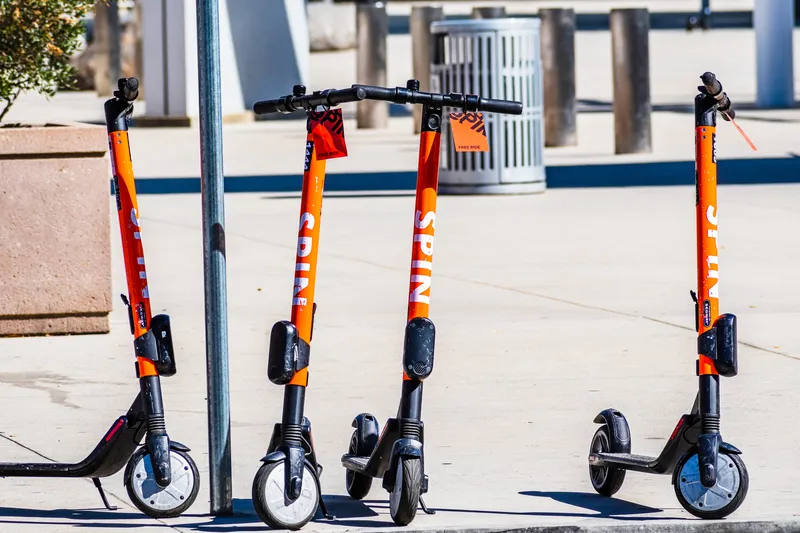
The Orange County Transportation Authority (Octa) is studying the possibility of introducing mobility hubs to provide access to more transportation options.
The Californian agency wants these integrated transportation hubs to provide a place that allows people to rent a scooter, take public transportation or access a shared ride without having to get behind the wheel of a car to reach a destination.
Octa is hoping the hubs will increase transit ridership on OC Bus and Metrolink while also providing equitable transportation solutions that meet the needs of all communities.
Chairman Andrew Do says the authority works to provide a variety of travel options that add to a balanced and sustainable transportation system.
“Future mobility hubs will help make those options more accessible and convenient for the people who live and work in our county,” he continues.
“In the process, I hope these hubs will help us to provide critical connections, reduce the cost of transportation and kerb pollution.”
Global business consultancy Steer Davies & Gleave is developing a strategy for determining where the mobility hubs should be located and their appearance.
The study will also assess whether the hubs should range in sizes depending on the needs of a particular community and their infrastructure.
As the concept develops, Octa is to work with individual cities to determine how to move forward with implementing the hubs.
Results of the study are expected in mid-2022.










